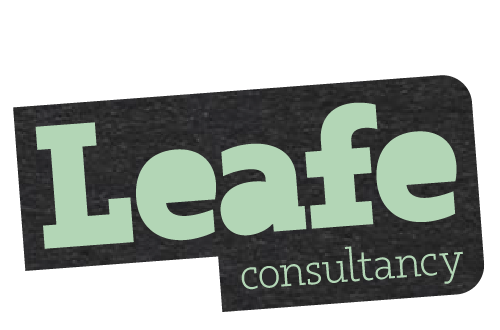It’s all in the hook
The following blog is made up of the best bits of editorial, articles and blogs that I’ve come across in my 38 years of working life, 30 of which I spent as my own boss at a very successful Creative Agency.
I thank all those that have inspired me to make (and write!) my own observations on these subjects. I now want to switch my focus to helping the next generation find the success that I did, and hopefully avoid a few of the pitfalls I didn’t!
Drug pushers have known this for years. Give someone a sample of ‘free’ heroin and they’re hooked for life. They’ll come back to you over and over again for their supply.
Most marketers have cottoned onto this too, with tactics and strategies including the classic ‘try before you buy’ for products and the offering of a first month free when it comes to selling a service. So why is it that sometimes these tactics work and sometimes fail?
Historically, it’s come down to the standard of both your execution and of the actual offer you’re putting out there. Quite often, the business owner is concerned that they’re giving stuff away for free and seeing no return, or even that they could be devaluing their product. Whilst this may be true in certain cases, the vast majority will eventually get their return.
When it comes to successfully pulling ‘the hook’ off, one of the best examples has to be the jewellery merchant PANDORA. Whilst they didn’t necessarily give anything away for free, they would always offer their bracelets relatively cheaply. Once the bracelet has been purchased, the customer is then keen to purchase several charms to accompany it, and as such a series of regular purchases is secured.
Microsoft are experts at this. They give all of their Office 365 software away to educational establishments, including the UK’s universities, absolutely free. They do so in the full knowledge that when students leave full time education, they’ll be hooked onto using Microsoft’s software and even have documents saved in that format too, leaving them literally incapable of switching to anything else.
After all, in most cases a university degree only lasts for three years - but after that, how many years more will these students be using the Office software? It’s a no-brainer.
This was achieved to a lesser effect by Apple in their early Macintosh days, in which they offered fantastic deals on hardware for education. In fact, it may well have been the very thing that saved the corporation from near extinction.
Here’s an example of selling a piece of software as a service product which I’m working on. If it charges 1k / year:
Selling it:
• 600 leads turns into 300 trials then into 100 purchases.
• £100k revenue in year one with a 10% drop off rate.
• £90k year 2.
• £80k year 3 (on top of any new sales)
• Total revenue = £270k all from the year one sales made.
Given free and get them hooked:
• 600 leads turn into 400 free trials turn into 300 purchases.
• £0 year one - higher drop off rate of 25% as it was free.
• £300k year 2.
• £270k year 3.
• Total revenue = £570k.
Sure, you may need deeper pockets with the second route, but the end result justifies the means with over double the revenue in 3 years, and if you add on the new sales that are being made as you go along - the results are staggeringly good.
